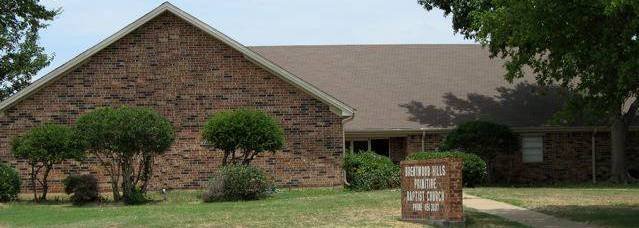Ordained
22 April 2014
“For there are certain men crept in unawares, who were before of old ordained to this condemnation, ungodly men, turning the grace of our God into lasciviousness, and denying the only Lord God, and our Lord Jesus Christ.” (Jude 4)

Some hold to beliefs that are a dreadful misunderstanding of what Jude means by “who were before of old ordained to this condemnation.” Jude does not mean that God foreordained or predestinated any evil act that these men do or say. Neither does Jude mean that God chose people to righteousness and others to live wickedly. And especially, Jude does not even hint at the idea that God ordered everything that would happen before the world began and we are just acting out His plan. We must remember that words can have multiple meanings, including “ordain.”
The Greek word translated “ordained” here is prographo. This simply means to “write before” or “announce before.” If we use the Bible to interpret Bible words we are much safer than using the opinions or writings of men. Let us examine how this word is used in Holy Writ.
“For whatsoever things were written aforetime were written for our learning, that we through patience and comfort of the scriptures might have hope.” (Romans 15:4)
The Greek word is translated “written aforetime” here in Paul’s writing. In this verse, Paul is referring to Old Testament scriptures being written in the past so that believers now can find comfort in Scripture. There is no hint of predestinating or ordaining events in this example.
“How that by revelation he made known unto me the mystery; (as I wrote afore in few words,” (Romans 3:3)
Here Paul uses the term prographo in reference to something that he wrote at an earlier time.
These two examples give us the proper sense of what Jude is saying in verse 4. He means that there were writings describing these kinds of men written long ago in the form of prophecy. God did not predestine the actions Jude is about to address, but God did tell us before in prophecy that these things would happen.
“For I know that after my death ye will utterly corrupt yourselves, and turn aside from the way which I have commanded you; and evil will befall you in the latter days; because ye will do evil in the sight of the Lord, to provoke him to anger through the work of your hands.” (Deuteronomy 31:29)
The contents of Deuteronomy 32 clearly point to prophetic events. This verse at the end of chapter 31 in particular point to events that will happen in the latter days. If we compare Jude’s words to that of Peter in his second epistle, we find that both a clearly referring back to the prophecy Moses spoke in chapter 32.
God warned His children that these sorts of men would creep into their worship. Jude is not telling us to look out for the obvious dangers and influences of the world and its pleasures. He is telling us that this danger has crept into the close fellowship of the church! They are corrupting the doctrines of grace by saying they permit or cause all sorts of filthiness and sin. They also reject the clear righteousness and sovereignty of God and the deity of Jesus Christ.
How is it that this kind of doctrine can “sneak into” a church? It would seem that these men were not teaching by direct statements of what I have just described. They would hint and encourage improper interpretation and promote a lifestyle that is contrary to the word of God.
In conclusion, it would seem that Jude writes this short epistle to remind the believers to not be lax in their study of the word of God. They need to be in constant study of the doctrines of grace so that they are able to defend themselves against he evil influences of any false teacher.

